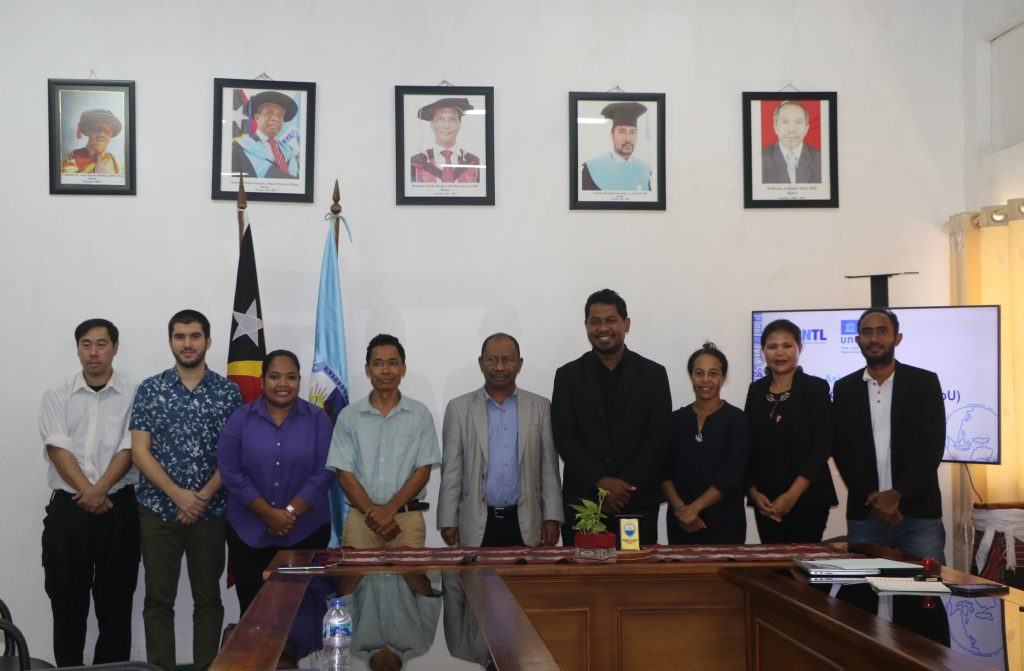Dili, Timor-Leste — June 5, 2025 — The Timor-Leste National Commission for UNESCO (TLNCU) has signed a historic agreement with the National University of Timor-Leste (UNTL) to implement the UNESCO-VISUS Methodology Service, a strategic initiative aimed at assessing access to school facilities and providing vital safety information to educational leaders and policymakers.

The signing marks a major milestone in the country’s education and disaster risk reduction efforts. The UNESCO-VISUS Methodology (Visual Inspection for Defining Safety Upgrading Strategies), developed and promoted by UNESCO, is designed to evaluate the safety, accessibility, and functionality of school infrastructures—ensuring a data-driven approach to making schools safer and more resilient.
The initiative is being carried out in partnership with UNESCO Jakarta and will be piloted in Timor-Leste under UNESCO’s Participation Program. As part of the pilot phase, the methodology will be implemented in 50 schools—40 in the capital municipality of Dili and 10 in the municipality of Aileu. The schools selected will represent a range of risk levels and both urban and rural settings, enabling a comprehensive understanding of infrastructure challenges across different environments.
Speaking at the signing ceremony, Mr. José Honório da Costa Pereira, Rector of UNTL, emphasized the importance of the partnership, stating:
“The cooperation between UNTL and TLNCU is a great step forward. UNESCO plays a critical role in the field of education and science at the international level, and UNTL is proud to be part of this initiative. This collaboration enhances our capacity to contribute to national development and scientific advancement.”
The VISUS methodology has already seen successful implementation in several countries, including the evaluation of 1,022 schools in Italy, 100 in El Salvador, 60 in Indonesia, and 10 in Laos. Its introduction in Timor-Leste marks the next step in an expanding global effort to promote safer and more resilient educational environments.
The program will be executed with broad collaboration from stakeholders, including relevant government ministries, local and international organizations, and academic institutions. It aims to create a model for evidence-based decision-making in school safety and infrastructure planning.
The main objective of the program is to empower national authorities and education leaders with critical information that will inform policies, resource allocation, and safety upgrades in schools. It also serves as an educational tool, engaging universities like UNTL in the practical application of science and technology for national benefit.
The pilot project’s results will provide a foundation for scaling the methodology nationwide in future phases, contributing to a more resilient education system for all students in Timor-Leste.
